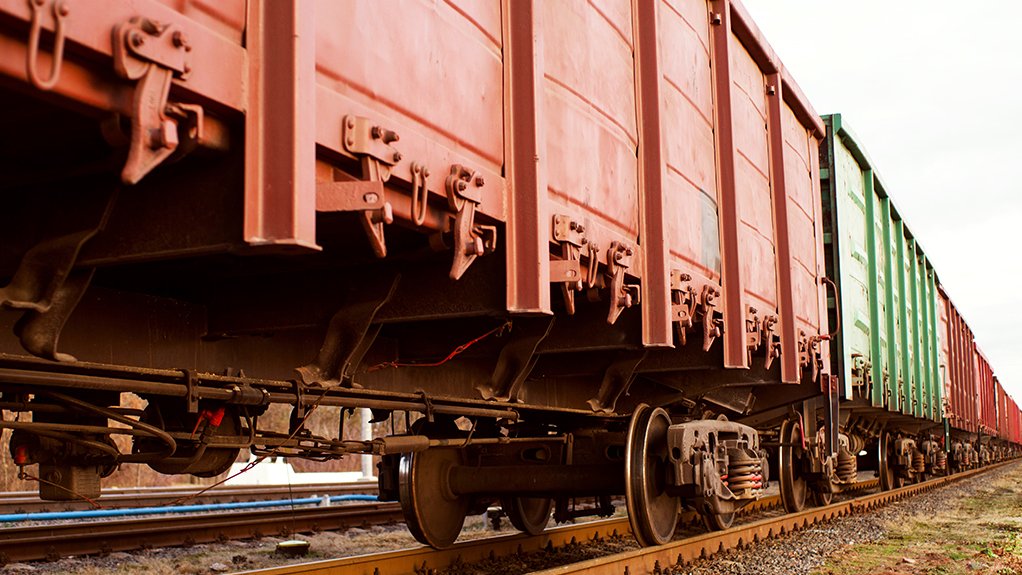A substantial percentage of all rail wagons in South Africa are empty when moving between destinations. In the Southern African Development Community (SADC) region, only a small percentage of rail capacity is being fully used. That is a huge amount of wasted and expensive space, says South African logistics innovator Empty Trips.
In October, Empty Trips started marketing empty rail wagon space for cross-border rail freight on its digital open exchange platform that was initially introduced to address some of the biggest inefficiencies in road haulage – trucks returning empty from deliveries or standing idle while waiting for backhauls.
“Our aim is to do for rail what we are doing for road – making haulage simpler, more efficient, more visible and sustainable by filling empty spaces, in this case rail wagons. We are a fully digital end-to-end logistics marketplace using algorithms to match shippers’ freight with the carrier’s capacity and allow shippers to manage their contracts seamlessly and transparently,” says Empty Trips managing executive Andrew Crafford.
The company’s enhanced Empty Trips digital freight exchange now allows rail carriers to publish empty rail wagons on the platform, making this information visible to rail shippers so that they can book space on the rail wagons.
Rail in the SADC region is increasingly embracing deregulation, creating open-access where private rail operating companies can buy slots on chosen routes of rail infrastructure owned by third parties. Even if only 10% of empty wagon space is filled, it means 10% more profit, as the fixed cost of moving a full train is the same for one with empty wagons, explains Empty Trips.
Rail offers multiple benefits. With advances in wagon technology, wagon designs are light weight skeletals, which enable the transporting of heavier containers. They can also transport three containers instead of two, offering significant payload benefits. Train freight is also cleared predeparture and the dangers and inefficiencies of border post congestion are reduced.
A train uses nine times less energy per ton kilometre than a truck and is four times more fuel efficient. This results in 60% to 75% less emissions in greenhouse gasses, says Empty Trips, highlighting that the potential efficiency of rail makes it environment friendly and capable of a significant contribution to the mitigation of carbon emissions.
In addition, the increased use of rail reduces the number of trucks on roads, adding to decongestion and fewer road accidents.
Empty Trips will initially target the Harare to Maputo and Ndola/Lusaka to Durban routes primarily for export cargo and expects more SADC countries, more rail corridors and more kinds of cargo to move from road to rail.
Changes in South African legislation are also expected to make it possible for Empty Trips to offer the marketing of wagon space for inland routes next year.
“Rail will play a significant role in the logistics industry with the integration of digital solutions. “As the logistics industry evolves, our platform offering will make this a beneficial and faster reality. We are pleased to be playing a role,” concludes Crafford.
Edited by: Zandile Mavuso
Creamer Media Senior Deputy Editor: Features
EMAIL THIS ARTICLE SAVE THIS ARTICLE
ARTICLE ENQUIRY
To subscribe email subscriptions@creamermedia.co.za or click here
To advertise email advertising@creamermedia.co.za or click here













